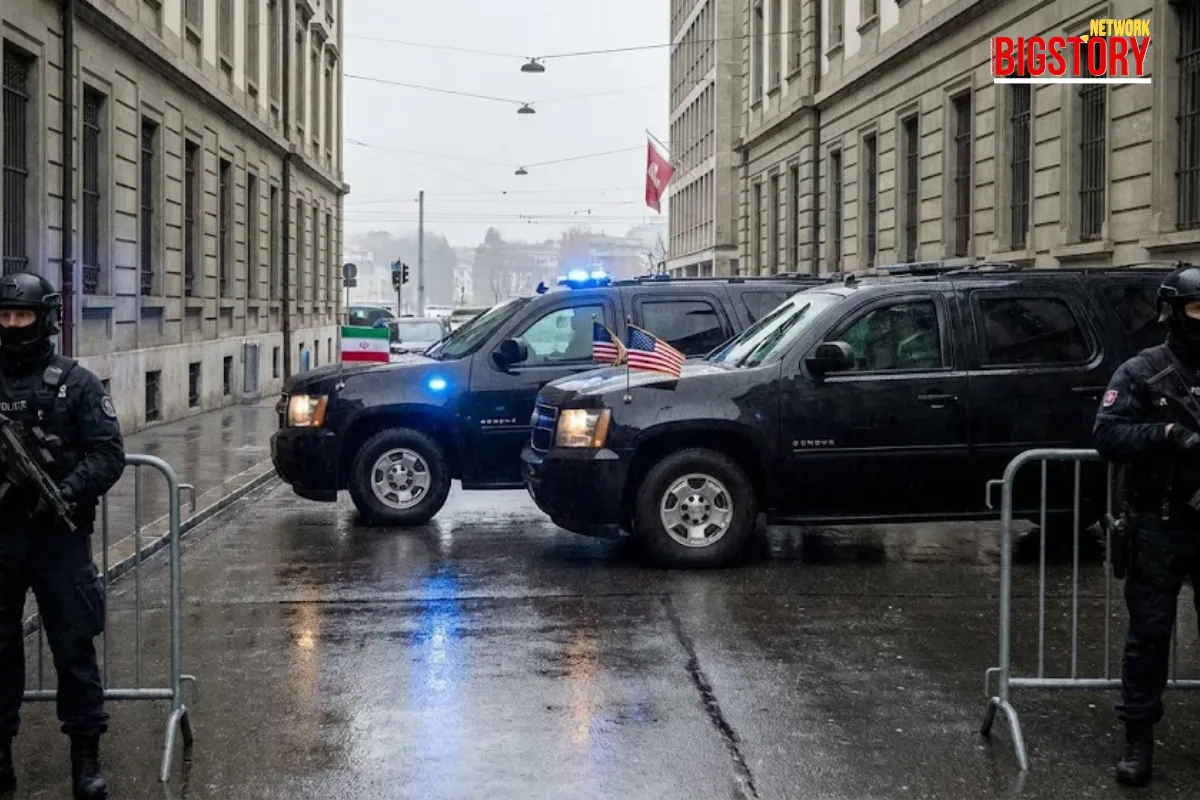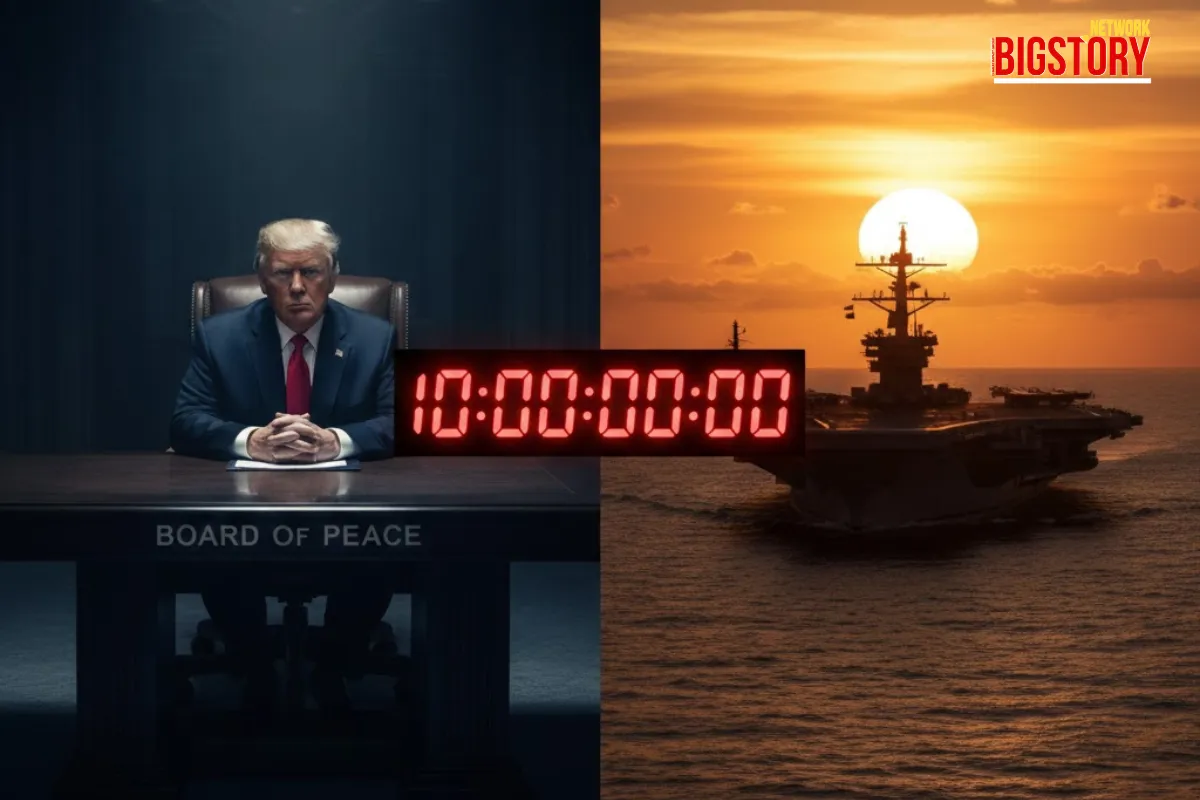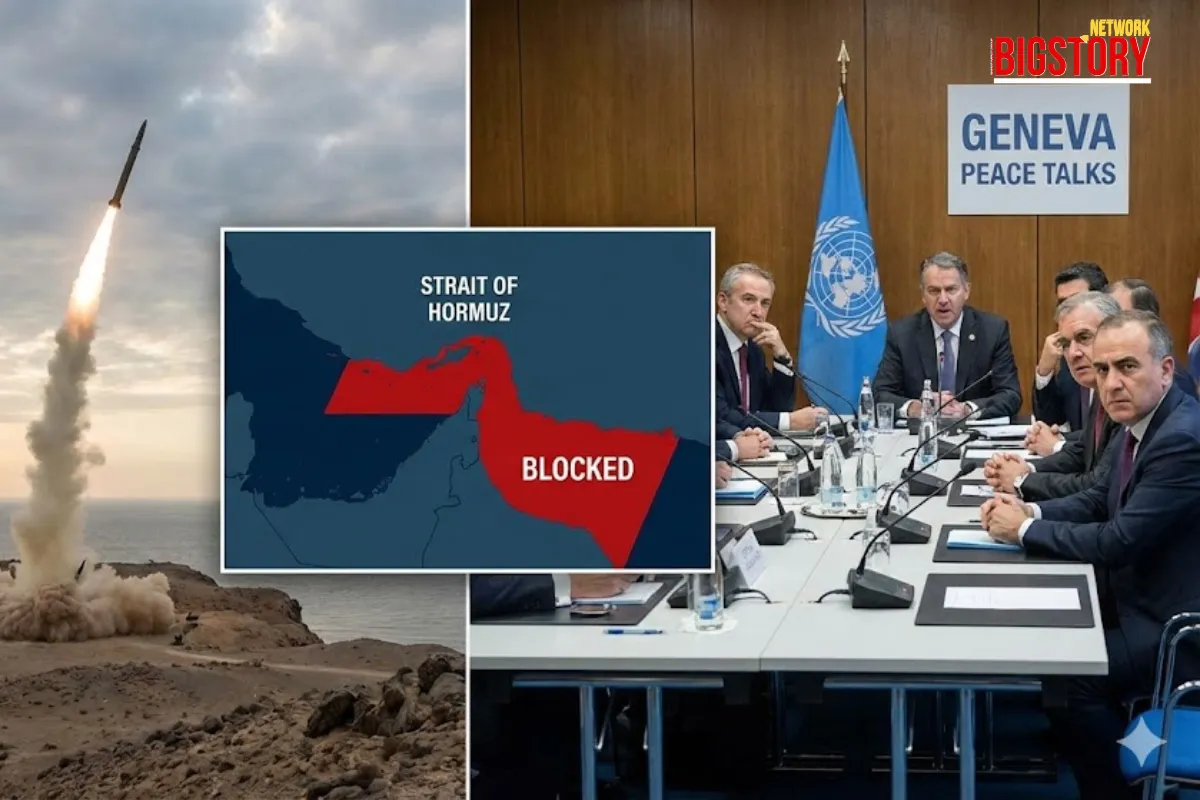President Trump imposed a 50% tariff on Brazilian imports, citing the Bolsonaro trial and free speech. Brazil's Lula condemned it as interference, vowing retaliation and sparking a new trade conflict.
 Sseema Giill
Sseema Giill
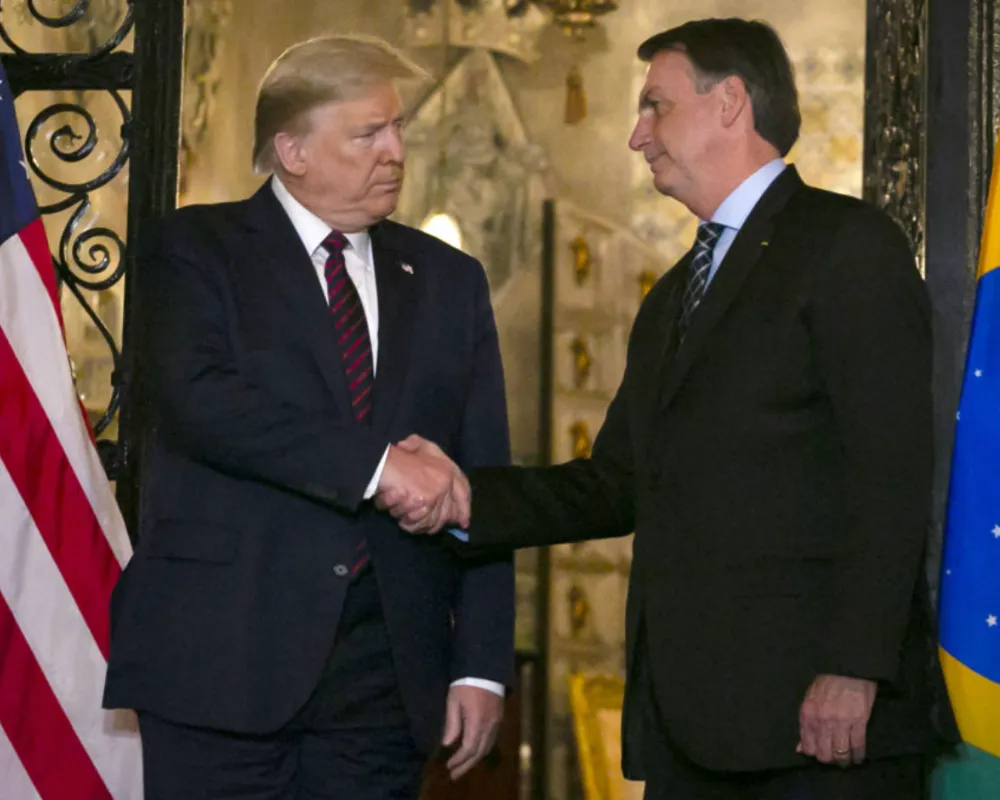
WASHINGTON D.C. — In a striking escalation of his "reciprocal tariff" policy, President Donald Trump this week announced a sweeping 50% levy on all imports from Brazil, effective August 1, 2025. This move, significantly higher than the baseline 10% tariffs introduced in April, appears to be less about traditional trade imbalances and more about leveraging economic pressure for specific political aims, igniting a furious response from Brazilian President Luiz Inácio Lula da Silva.
The core justification provided by Trump’s administration for this unprecedented tariff hinges on Brazil’s domestic affairs. In a letter to President Lula, Trump explicitly linked the 50% duty to the ongoing "witch hunt" criminal trial against his political ally, former Brazilian President Jair Bolsonaro, who faces charges related to an alleged coup attempt. Trump asserted that this trial "should not be taking place" and is an "international disgrace." Additionally, Trump cited Brazil's Supreme Court's rulings on social media companies, claiming they amounted to "SECRET and UNLAWFUL Censorship Orders" against American platforms, and initiated a Section 301 investigation into Brazil's "attacks on the Digital Trade activities of American Companies."
This direct intervention in Brazil's judicial and regulatory sovereignty has sparked fierce condemnation. Brazilian President Lula swiftly vowed retaliation, stating that Brazil "is a sovereign nation with independent institutions and will not accept any form of tutelage." He asserted that the judicial process against Bolsonaro is solely within the jurisdiction of the Brazilian Judiciary and not subject to foreign interference. Lula also strongly disputed Trump's claims of a U.S. trade deficit with Brazil, pointing to U.S. government statistics showing a consistent trade surplus for the United States over the past 15 years.
The economic impact of a 50% tariff looms large, particularly for key Brazilian exports. Brazil is a major global supplier of coffee, orange juice, beef, crude oil, and manufactured goods like aircraft (Embraer), iron, and steel. A 50% tariff could make these products unfeasibly expensive for U.S. importers, leading to significant price hikes for American consumers on staples like coffee and orange juice. Industries reliant on Brazilian inputs, such as U.S. beef importers, could also face severe disruptions. While some analysts suggest the overall macroeconomic impact on Brazil might be manageable due to diversified markets, specific sectors heavily reliant on the U.S. market would suffer acutely.
Brazil has already signaled its readiness to activate its "Economic Reciprocity Law," which empowers the executive branch to impose matching tariffs on U.S. goods, suspend trade agreements, and even, in exceptional cases, suspend intellectual property rights. This potential tit-for-tat escalation threatens to unravel years of bilateral trade cooperation and could push Brazil further into economic partnerships with other blocs, notably the BRICS nations, which Trump has also targeted with additional tariffs, accusing them of "anti-American policies."
The tariff threat highlights a new dimension in Trump's trade policy, where personal alliances and perceived political grievances appear to supersede traditional economic rationale. It sets a dangerous precedent for using trade as a tool of direct political coercion, risking not only economic fallout but also profound diplomatic strain and a reordering of global trade relationships. As the August 1 deadline approaches, the international community watches closely to see if negotiations can avert a full-blown trade war between two of the Western Hemisphere's largest economies.



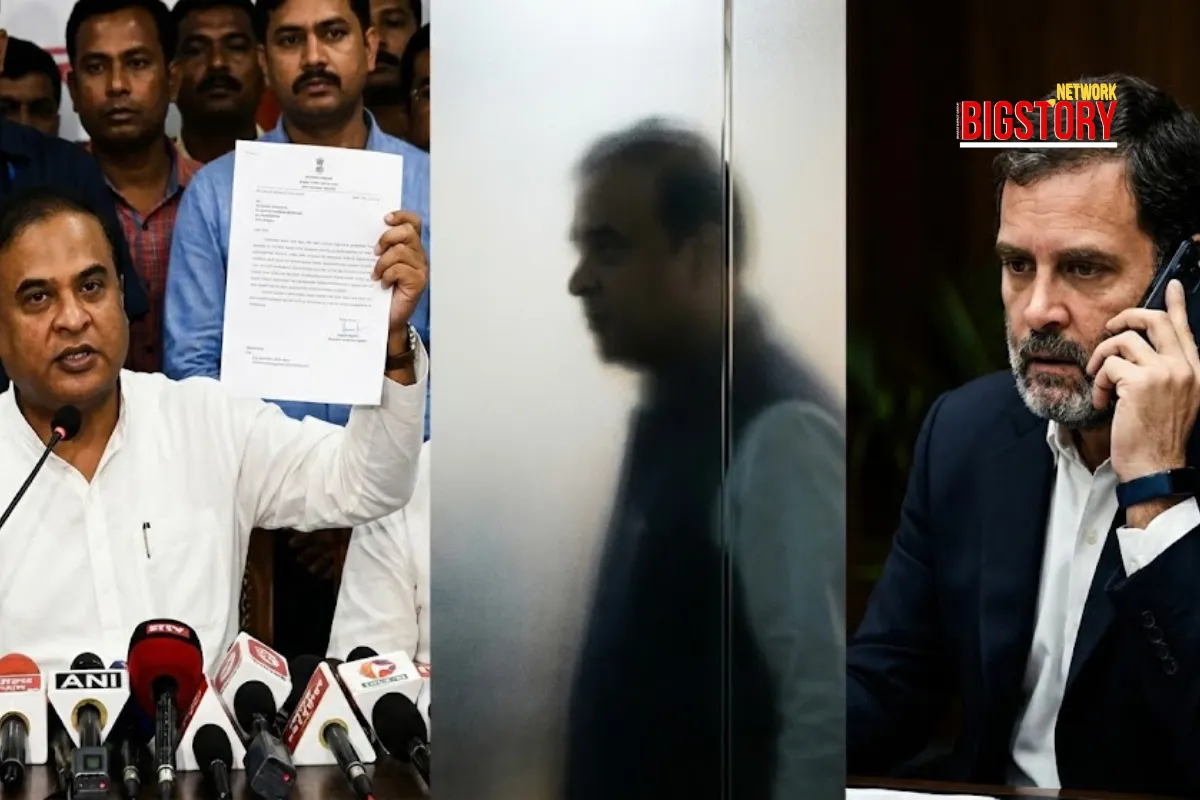

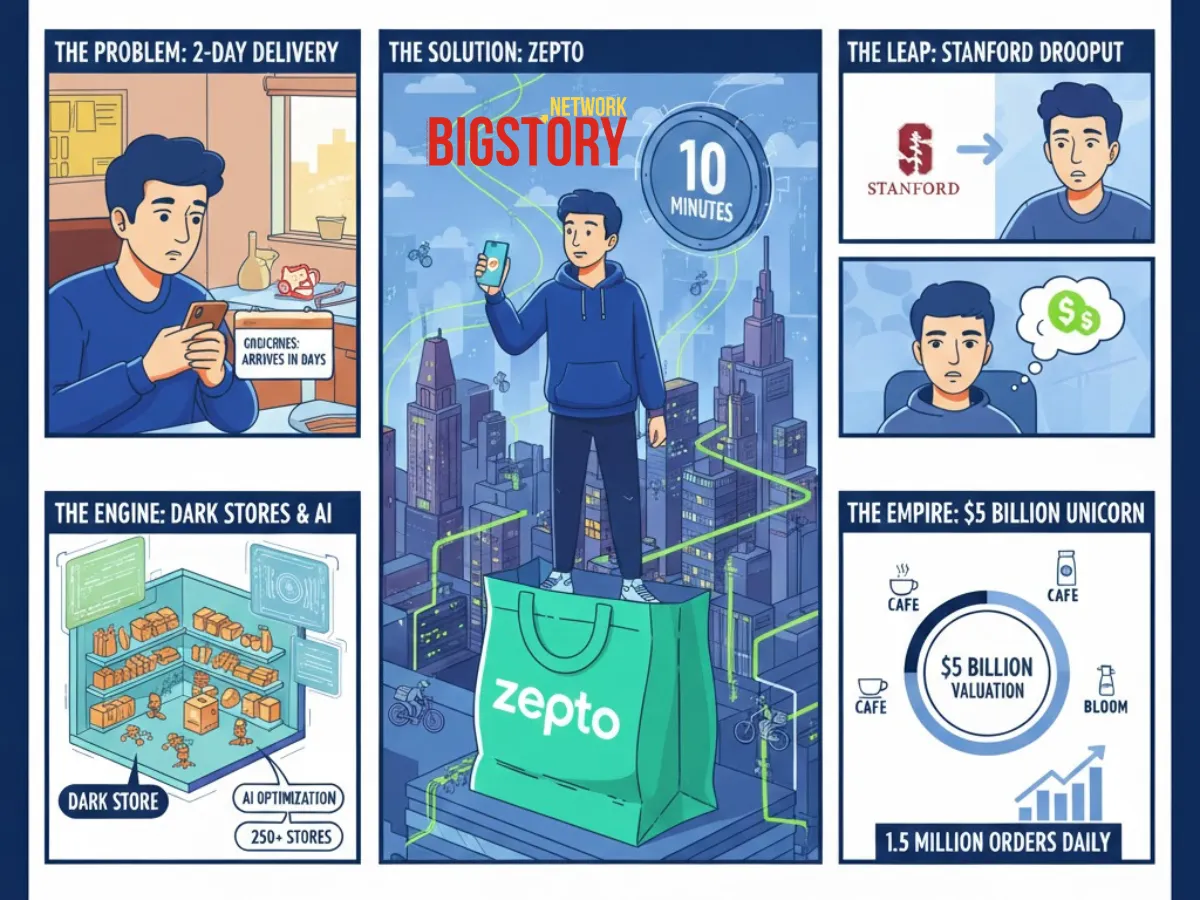
Sign up for the Daily newsletter to get your biggest stories, handpicked for you each day.
 Trending Now! in last 24hrs
Trending Now! in last 24hrs

